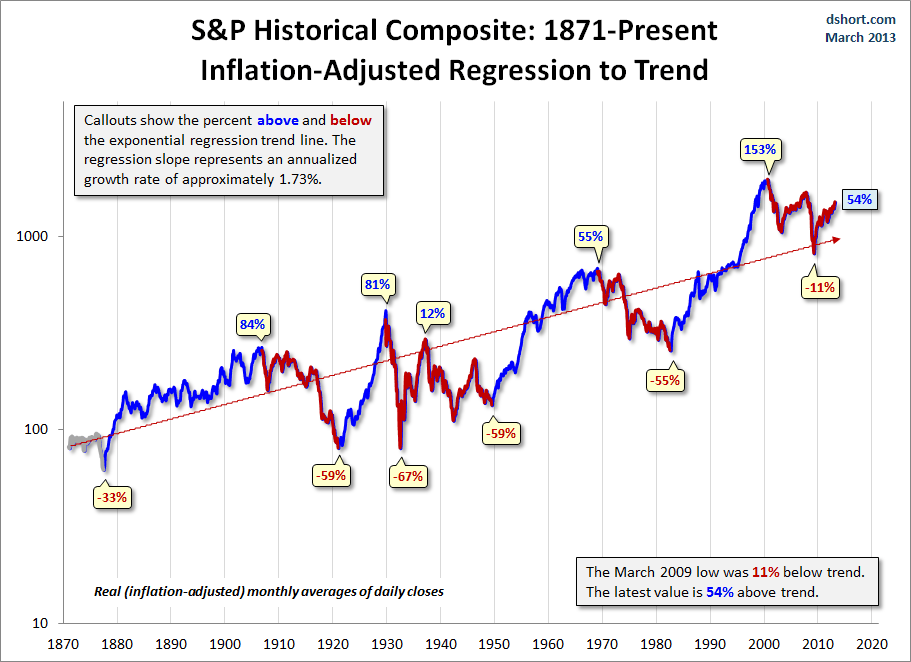Does an International Bear Market Mean World Recession
Post on: 6 Июль, 2015 No Comment

By FLOYD NORRIS
Published: October 20, 2000
REMEMBER 1998? As Asian currencies crumbled and stock markets crashed, panic spread around the world. Amid fears of global recession, the Federal Reserve aggressively eased credit. Markets recovered as it became clear that disaster would be averted.
Now those gains have been wiped out. Measured in dollars, half the value of stock markets in such countries as Indonesia, the Philippines, South Korea and Thailand has melted away this year, leaving them close to their 1998 lows. Japan has lost a quarter of its value. In this hemisphere, the markets of Argentina, Brazil, Chile, Mexico and Peru are all down by 15 percent or more.
And you were upset that the Standard & Poor’s 500-stock index is down 5 percent.
»Nobody is really thinking about the weakness of the world outside the United States and Europe,» said Michael O’Higgins of O’Higgins Asset Management in Miami. »It means the world economy is a lot weaker than people think. The markets smell trouble ahead.»
There are signs of worry in this country, too. Junk bonds are trading as if recession and huge defaults are just around the corner, at premiums to Treasury bond yields that exceed those of the 1998 panic.
All this is happening as the world economy hums along with high demand pushing up prices of oil and copper. Even Japan is showing signs of rising domestic confidence and demand. The Japanese central bank’s decision to raise interest rates was widely scorned, but the expected damage has not appeared.
The conventional wisdom is that the world is slowing, whatever the current numbers say. High oil prices are hurting growth while the Fed’s tightening earlier this year alarmed overseas investors who recall it was the Fed that bailed out the world in 1998. Signs of a technology slowdown scare investors in such computer-component exporters as Taiwan and South Korea. In Taiwan, down 42 percent this year, the government yesterday announced its second package in a week aimed at shoring up stock prices. Part of the package is an increase in the amount foreigners are allowed to invest there, a change that might be more effective if it came at a time when foreigners wanted to do so.
The implicit investment thesis that has developed is that the United States stock market is the safest place for money in a slowing world. Our market is populated by growth companies that are supposed to do well even in a slowdown, while parts of Asia have replaced the American Midwest as the region that makes the products whose sales would plunge during a recession.
David Bowers, the chief global investment strategist at Merrill Lynch, says investors face a major decision on asset allocation. »Have we overestimated the slowdown?» he asked. If so, this would be a good time to look for investments in depressed markets.
Whether or not the markets are exaggerating the risks, it is amazing how little attention has been paid to the possibility during the current election campaign. In part, that reflects the comfortable assumption that the United States will escape the worst of any slowdown.
The unsettled nature of world markets may help to explain the wild rides the American market is experiencing as traders try to figure out if this is a turning point in the global economy. The rebound yesterday was reassuring, while the opening plunge on Wednesday was scary.
As they say in China, we live in interesting times.
Graph tracks the Taiwan Stock Exchange since 1998.














